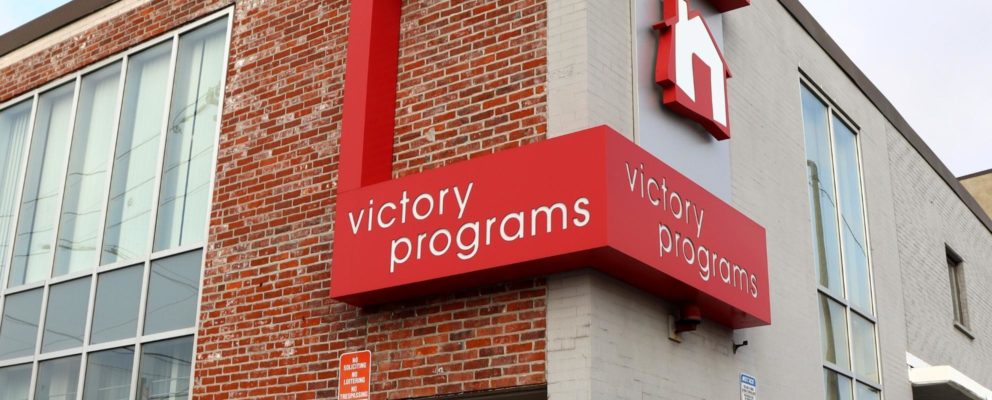If you are in crisis, please call 911 or the Massachusetts Substance Use Helpline: 800-327-5050.
What is Medical Case Management?
Medical Case Management provides support to people living with HIV/AIDS by helping them connect to services and solve problems.
At Victory Programs, our medical case management team is mobile. By meeting clients out in the community and at each Victory Programs’ site, our Case Managers can reach the individuals who need the most help.
Our case management team works with individuals to provide the educational tools and ongoing support they need to help regain health, maintain housing and enhance their quality of life.
Medical Case Management is a client-driven service dedicated to supporting the needs of individuals living with HIV who need assistance accessing community resources including:
-
-
- Transportation
- Healthy Food
- Rental Assistance
- Supportive Community Referrals
- Supportive Medical Care Navigation
- Housing Retention and Advocacy
-
How to Connect to Medical Case Management
If you are currently a client of any of Victory Programs’ sites, speak with a staff member about being connected to a Medical Case Manager to learn more and set up an intake appointment.
Referrals to Case Management
Providers working with someone seeking community-based Medical Case Management may make a referral by contacting:
Danisha J. Williams, djwilliams@vpi.org
617-318-3191 ext. 571
Medical Case Management: Peer Support
Victory Programs’ Boston Living Center offers Peer Support and Peer Navigation services to community members living with HIV/AIDS. Peer Support and Peer Navigation are great additions to Medical Case Management. Peers are individuals living with HIV who offer additional support through shared lived experiences. Peers can help with tasks and next steps that come out of client meetings with their Case Manager. A Peer and a Case Manager can offer better support than working alone.
This can look like:
-
-
- Helping to collect and organize needed documentation
- Preparing for an appointment with a provider
- In-person support for appointments and doctors’ visits
- Helping to fill out paperwork
- Assistance completing referrals, setting up appointments, or connecting with a provider
- Finding support groups and other social support services
Offering ongoing peer support
-
To learn more about peer support, contact:
Katie Weixler, Director of Prevention, by email at kweixler@vpi.org, or phone at 339-777-2313 ext. 185.

